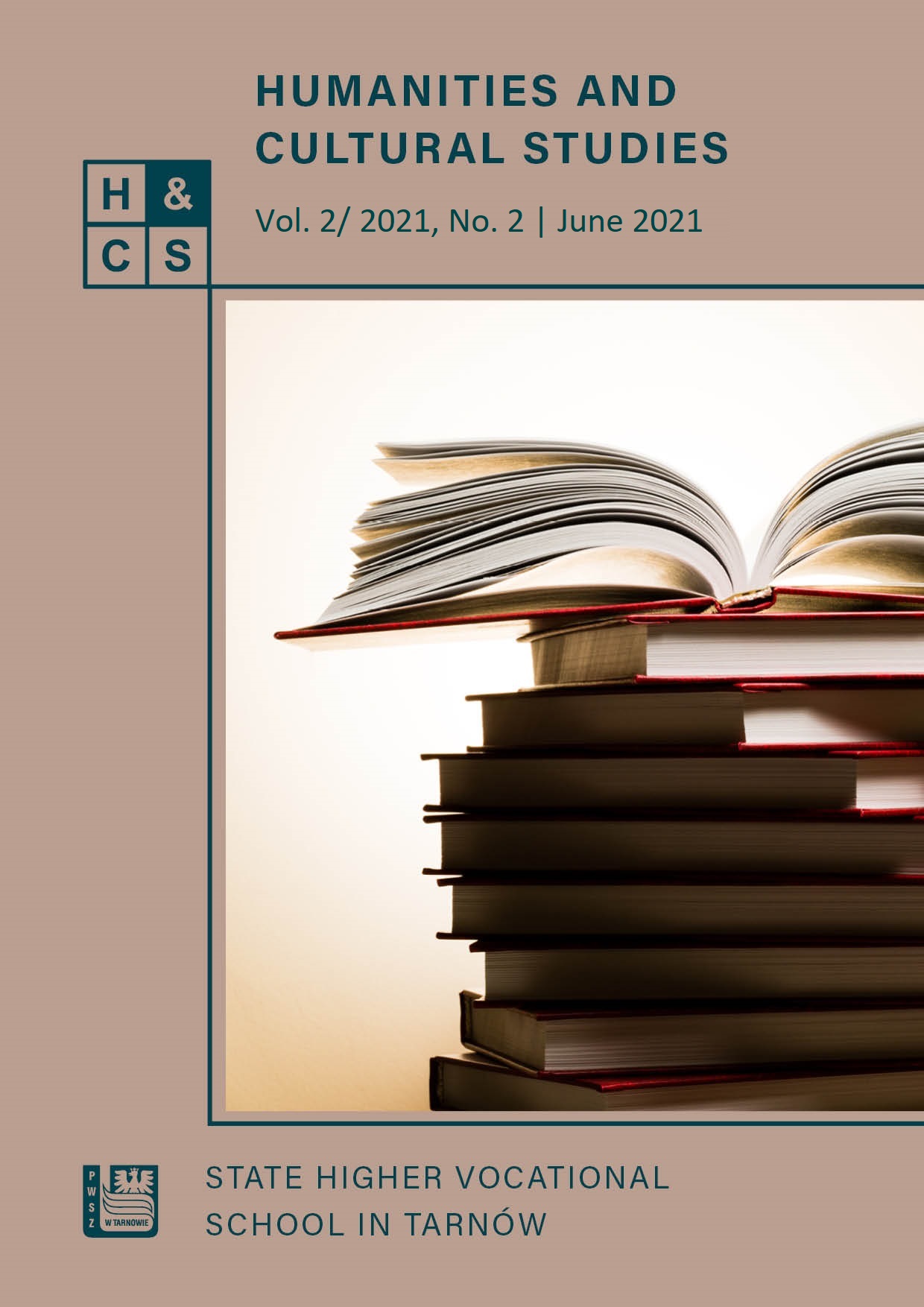The personality and competences of primary-school teachers: A research study
DOI:
https://doi.org/10.5604/01.3001.0014.8900Keywords:
primary eduaction, teacher’s competences, typology of teachersAbstract
This article presents an investigation into how primary-school pupils imagine a good teacher and what characteristics of teachers they appreciate. The teacher’s personality is a quality of central importance to the teaching process. Teachers find themselves in many diverse situations and they cannot always remain the same. Each situation requires different qualities, attitudes and knowledge. In different situations, the teacher can achieve the same educational outcome in various ways, by using a range of methods. No teacher can be expected to have the ideal personality and cannot possibly have all the desired qualities, so some qualities compensate for the lack of others. However, the crucial aspects of a good teacher’s personality is authenticity, naturalness and positive relationship with pupils.
Downloads
References
Beijaard D., Verloop N., Vermunt J. D., Teachers’ perceptions of professional identity: An exploratory study from a personal knowledge perspective, “Teaching and Teacher Education” 2000, vol. 16, pp. 749–764, doi: 10.1016/S0742-051X(00)00023-8. Google Scholar
Caspi A., Roberts B. W. Personality development across the life course: The argument for change and continuity, “Psychological Inquiry” 2001, vol. 12, pp. 49–66, doi:10.1207/S15327965PLI1202_01. Google Scholar
Dytrtová R., Začínající učitel, Tribun, Brno 2008. Google Scholar
Eysenck H. J. The structure of human personality, 3rd ed., Methuen, London 1970. Google Scholar
Göncz A., Göncz L., Pekić J., The influence of students’ personality traits on their perception of a good teacher within the five-factor model of personality, “Acta Polytechnica Hungarica” 2014, vol. 11, pp. 65–86, doi: 10.12700/APH.11.03.2014.03.5. Google Scholar
Göncz L., Teacher personality: a review of psychological research and guidelines for a more comprehensive theory in educational psychology, “Open Review of Educational Research” 2017, vol. 4, iss. 1, pp. 75–95, doi: 10.1080/23265507. Google Scholar
1339572. Google Scholar
Hanuliaková J., Kreovanie klímy triedy v edukačnej praxi, IRIS, Bratislava 2010. Google Scholar
Holečka V., Psychologie v učiteľské praxi, Grada, Praha 2014. Google Scholar
Hudson N. W., Roberts B. W., Lodi-Smith J., Personality trait development and social investment in work, “Journal of Research in Personality” 2012, vol. 46, pp. 334–344, doi: 10.1016/j.jrp.2012.03.002. Google Scholar
Hupková M. Petlák E., Sebareflexia a kompetencie v práci učiteľa, Vydavateľstvo IRIS, Bratislava 2004. Google Scholar
Kohoutek R. Ouruda K., Psychologie osobnostních typu učitele, Akademické nakladatelstvi CERM, Brno 2000. Google Scholar
Koštrnová D., Tvorba a rozvoj pozitívnej klímy v triede, Metodickopedagogické centrum, Bratislava 2014. Google Scholar
Kyriacou Ch., Klíčové dovednosti učitele: cesty k lepšímu vyučování, Portál, Praha 2012. Google Scholar
Li H. Q., Wu Y. Z., Comparative study on the personality patterns of ‘good teacher’ and ‘bad teacher’ as perceived by college students, “Advanced Materials Research” 2011, vol. 271–273, pp. 760–763, doi: 10.4028/www.scientific.net/ amr.271-273.760. Google Scholar
Mervis J., Nobelist ‘coach’ takes on U.S. science education, “Science” 2010, vol. 330, pp. 572–572, doi: 10.1126/science.330.6004.572. Google Scholar
Mikšík O., Psychologická charakteristika osobnosti, Karolinum, Praha 2007. Google Scholar
Petrović-Bjekić D., Teachers’ dynamic personality characteristics and teaching effectiveness, “Psihologija” 1997, vol. 30, pp. 93–110. Google Scholar
Průcha J., Učitel: současné poznatky o profesi, Portál, Praha 2002. Google Scholar
Rosić V., Deontologija učitelja – temelj pedagoške etike, “Informatologia” 2011,vol. 44, iss. 2, pp. 142–149. Google Scholar
Sanders W. L., Rivers J. C., Cumulative and residual effects of teachers on future student academic achievemen, University of Tennessee Value-Added Research and Assessment Center, Knoxville 1996. Google Scholar
Sillamy N., Psychologický slovník, Univerzita Palackého, Olomouc 2001. Google Scholar
Srivastava S., The five-factor model describes the structure of social perceptions, “Psychological Inquiry” 2010, vol. 21, pp. 69–75, doi: 10.1080/10478401003648815. Google Scholar
Tománek P., Fragmenty rodiny: manželstvo a rodina v súdnej sieni, Tribun, Brno 2019. Google Scholar
Tománek P., Mátejová A., Family and current socialegal measures for its members in the Slovak Republic, [in:] Mocna rodzina fundamentemzdrowego społeczeństwa, Uniwersytet Papieski Jana Pawła II w Krakowie, Kraków 2019, pp. 69–89. Google Scholar
Tománek P. Ženy a muži v medzigeneračných turbulenciách ‘v’ a ‘mimo’ rodiny, “Studia Scientifica Facultatis Paedagogicae” 2018, vol. 3, iss. 17, pp. 37–43. Google Scholar
Tománek P., Fragmenty slova – fragmenty výchovy, “Testimonium fidei” 2018, vol. 6, iss. 1, pp. 40–48. Google Scholar
Vališová A., Jak získat, udržet a neztrácet autoritu, Grada Publishing, Praha 2008. Google Scholar
Downloads
Published
How to Cite
Issue
Section
License

This work is licensed under a Creative Commons Attribution-NonCommercial 4.0 International License.





